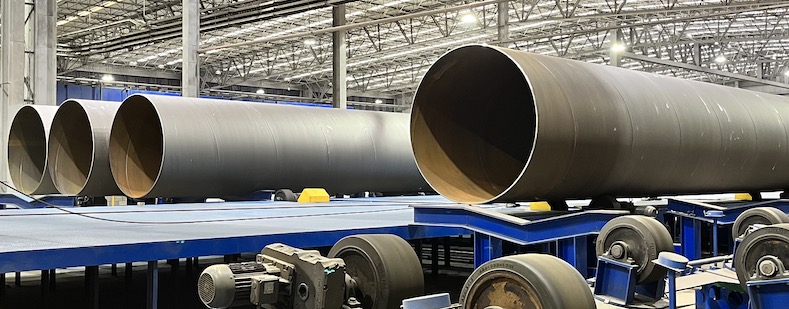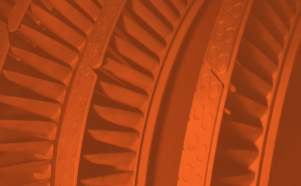Many manufacturers are turning to Sponge-Jet products for their surface preparation needs. With safety and efficiency as a top priority, these facilities are looking for ways to perform necessary surface preparation projects while avoiding shutdown and blasting near both sensitive equipment and other trades nearby.
Read more >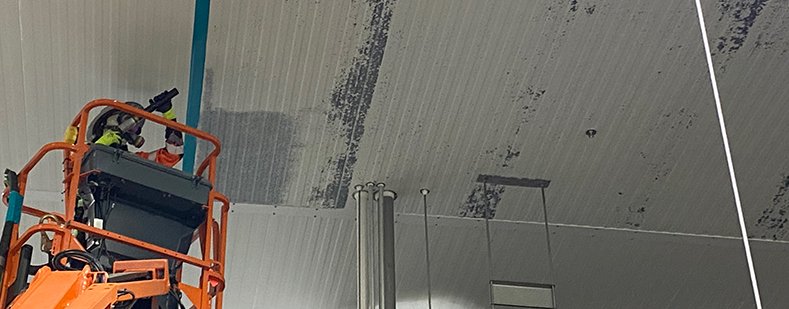
Regular maintenance is critical for keeping industrial plants and facilities operational and productive. Over time, equipment, ceilings, and other surfaces can see soot and grease build up and coatings fail, potentially compromising operations, reducing efficiency, and has the potential to impact worker safety. In order to tackle these challenges, many facility owners are adding Sponge Blasting to properly clean and prep surfaces with minimal operational disruptions or unnecessary shutdowns.
Read more >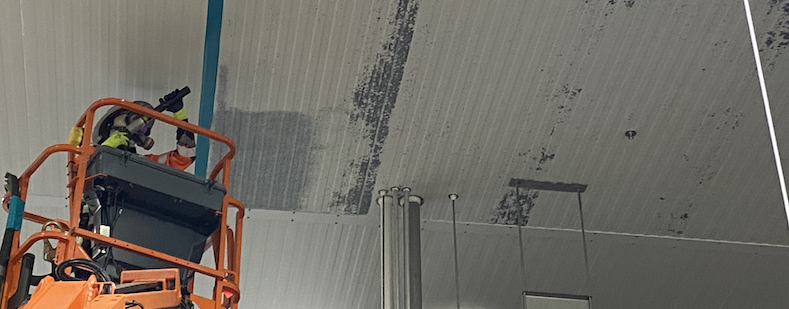
Whether painting delicate surfaces like tin ceilings, or industrial surfaces such as machinery or roof decking, the quality and longevity of the paint job relies on the surface preparation before coating. On large square footage painting projects, surface prep is often the least considered step, but in reality, it’s the most crucial and plays a key role in the overall success of the paint job. Investing time and effort in this stage is essential to achieve lasting, high-quality results.
Read more >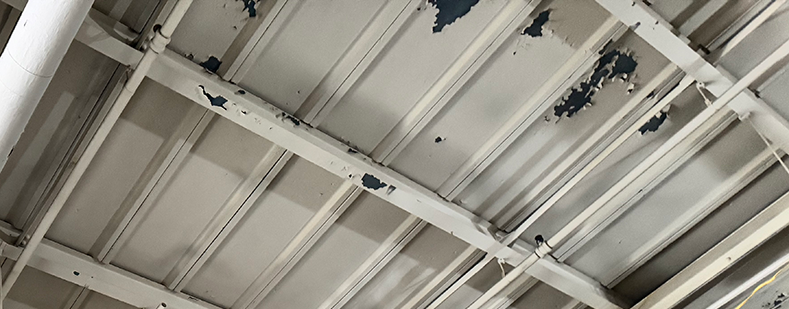
Steel roof decking is commonly found in manufacturing environments, such as power plants, food and pet food manufacturing facilities, marine production factories, and water treatment plants. Over time, whether as a result of manufacturing processes, bad surface prep, or normal wear and tear, coatings fail and corrosion can occur on these roof decks.
Read more >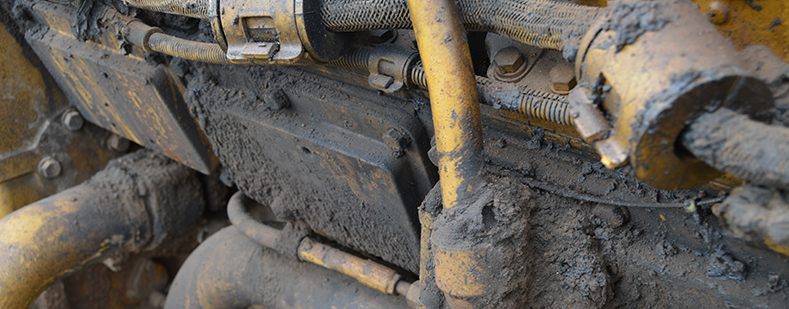
Early coatings failures can often be attributed to inadequate surface preparation. One of the most common steps skipped prior to applying a new coating is failing to effectively remove grease and oils from the substrate prior to painting.
Read more >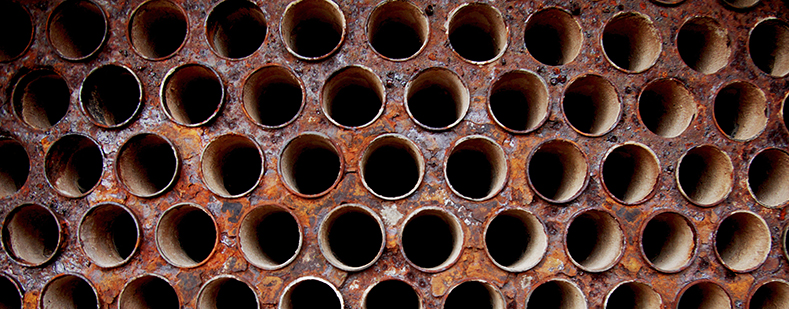
Facility maintenance professionals play a critical role in preventing corrosion within industrial settings, employing a range of proactive strategies to safeguard infrastructure and equipment. Upstream and downstream oil and gas, industrial manufacturing, wastewater treatment plants, among many other production facilities must all have a plan in place to delay the impact of corrosion's harmful effects.
Read more >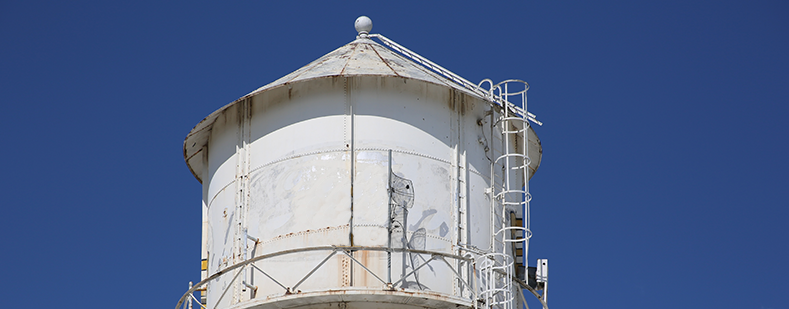
Imagine a 50 year old municipal water tank. It’s only been five years since it was last coated, but for some reason the paint is already starting to fail. Rust can be seen spotting all over the tank’s exterior. If we were to do a forensic style analysis on the surface of the tank and the flaking paint chips, we’d most likely see that poor surface preparation is to blame for the failure.
Read more >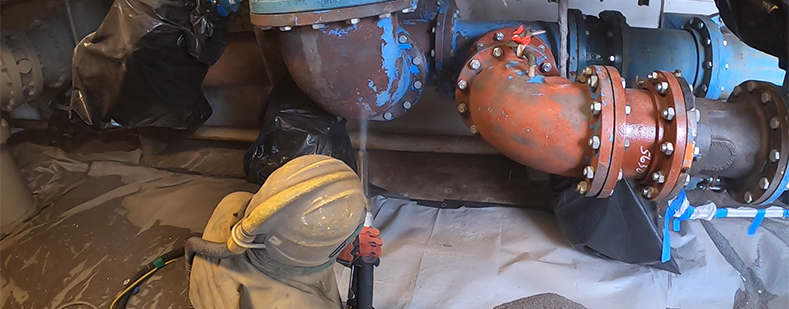
When rust, corrosion and coating system failure became apparent on pipes in the filter galleries of the Lafayette Utilities Systems (LUS) water treatment plant, a rehabilitation plan was developed. One of the most important aspects of this plan was to prepare the carbon steel surfaces and create the proper anchor profile for the new coating system. Depending on the severity of the rust and corrosion on various pipe sections, the specifications called for either near white metal blast cleaning or commercial blast cleaning.
Read more >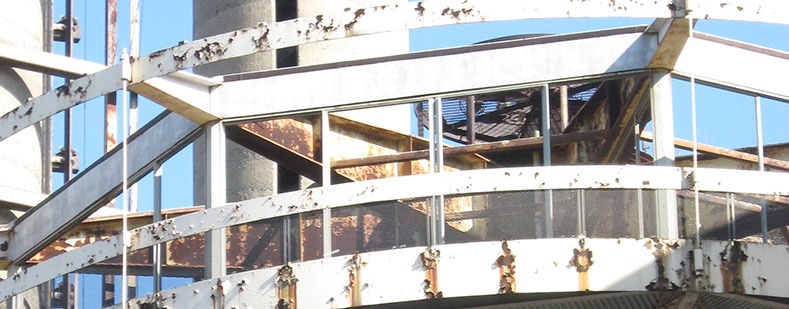
Surface Preparation (or Surface Prep for short) is the process of cleaning and readying surfaces for new coatings. Due to varying attributes and performance characteristics of the many coating types, surface preparation requirements can also be unique from project to project. As a result, it’s very important to always read the coating specification and all coating technical data sheets.
Read more >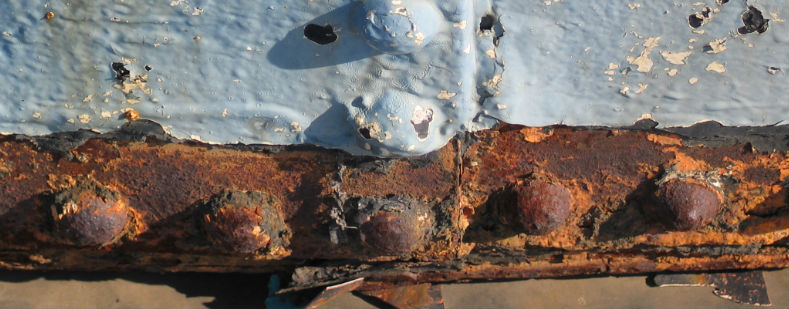
Corrosion is everywhere - from a speck of rust on a bridge’s bolt to the advanced chemical erosion of a process pump, to blistering paint on a building’s structural steel, fences, and railings. When coatings fail and metal components oxidize, property and infrastructure risk further damage. Corrosion weakens metal from the outside in - untreated metal can rust away completely, leaving behind gaping holes.
Read more >
